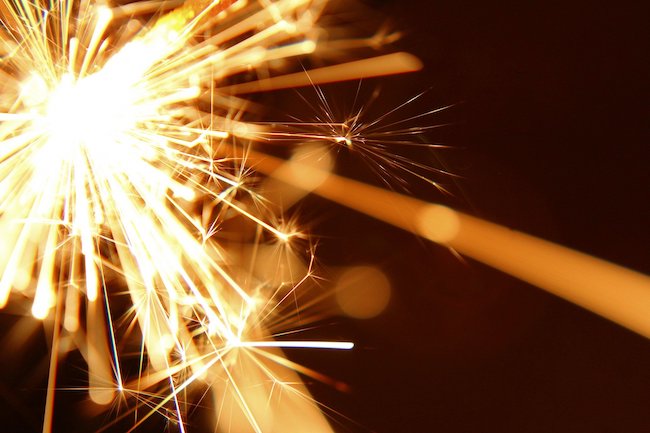
Paroh’s daughter went down to bathe…She saw the basket…opened it and saw him…and a youth was crying…She took pity on him and said, “This one is from the Jewish babies.”[2]
Where did this pity come from, that was so foreign to what she observed in the house of her evil father, who daily bathed in the blood of Jewish babies? What led her to put herself in direct conflict with the tyrant? Why didn’t she directly say, “This must be a Jewish baby,” rather than “from the Jewish babies?” Why does the pasuk say that she saw him, when it was the baby’s cry that must have moved her?” Lastly, the Zohar[3] turns the verse into something quite different, turning the actor into the Shechinah, seeing the pain of the Jews. What necessitated the Zohar’s reinterpretation, when the plain meaning of the text seems quite adequate?
We begin with a passage from the gemara[4]. “She [Bisyah] saw the Shechinah with him [Moshe].” This could not possibly mean that she was instantly and abruptly catapulted to a lofty near-prophettic madregah, and granted a revelation out of nowhere.
It was no sudden revelation. Rather, she sensed Moshe’s special kedushah. Drawn to that holiness, she was then able to feel an extra component of compassion – compassion being one of the three national characteristics of the Jewish people.[5] Moreover, she sensed that the cry emanated not from a single baby, but of all of them. Moshe was only a representative; he was “one…from the Jewish babies.’ When she sensed the Shechinah, it was that the Shechinah was pained by the treatment of the Bnei Yisrael. This made Moshe’s cry a wailing of the entire Klal Yisrael.
The gemara[6] states that Bisya approached the river in order to purify herself from the avodah zarah of her father. This does not mean that she went to take the plunge in order to convert. It is clear from the pesukim that her intention originally was simply to bathe. When she felt Moshe’s kedushah, however, and an extra measure of compassion entered her, she became revolted by her father’s idols, and repurposed her ordinary bathing into cleansing herself of the stain of avodah zarah.
The story does not end here. Like so many other incidents in Chumash, what happened once sets the stage for its repetition. Bisya’s moving closer to the truth – as well as nurturing the future redeemer of Israel – prefigured events that will take place at the end of time. The navi writes, “Kings will be your nurturers and their princesses your wet nurses.[7]” There will be many more Bisyas, aiding the Jewish cause. Indeed, as human society draws closer to its goal, many will sense the kedushah of Klal Yisrael from afar, and change their conduct for the better. As the gemara[8] relates, the circuses and theaters of non-Jews will be converted and upgraded, becoming places for the teaching of Hashem’s Torah. I will remove his blood from his mouth, and his abominations from between his teeth, and then he too will remain for our G-d.[9]
- Adapted from Be’er Moshe, by the Ozharover Rebbe zt”l ↑
- Shemos 2:5-7 ↑
- Zohar2 12b ↑
- Sotah 12b ↑
- Yevamos 79a ↑
- Sotah 12b ↑
- Yeshayahu 49:23 ↑
- Megillah 6a ↑
- Zecharyah 9:7 ↑


